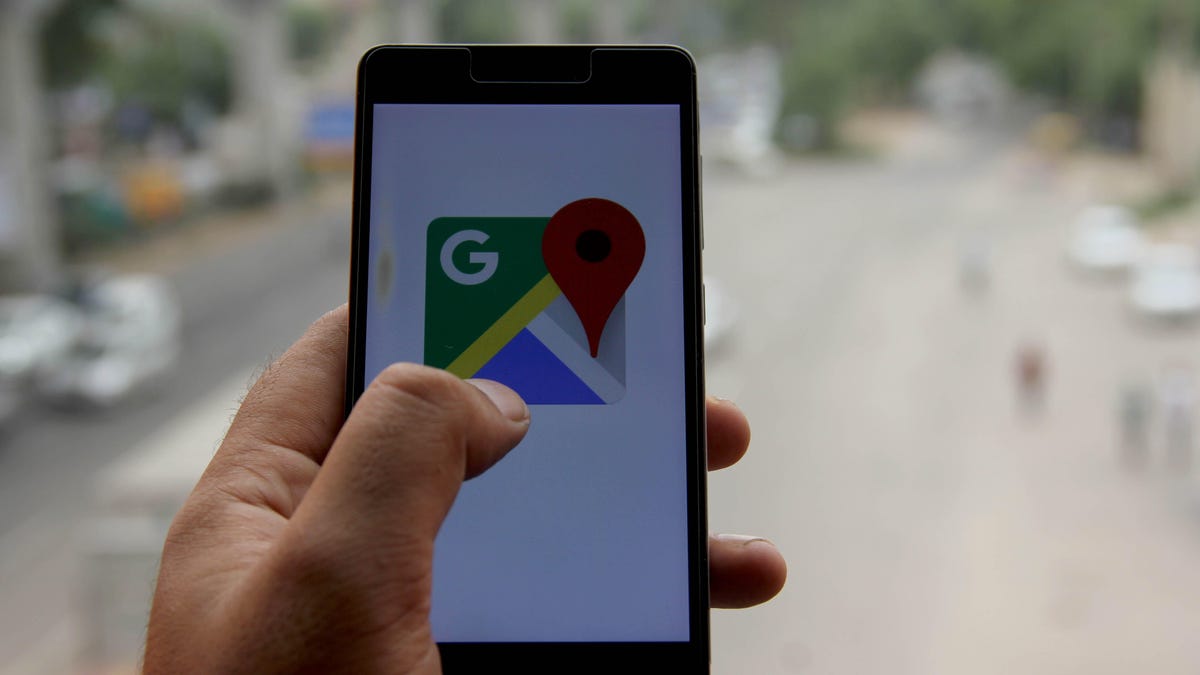Google Maps lists drug disposal centers to fight the opioid crisis
Drop-offs are no-questions-asked, the company says.

Google announced a program to help people discard of opioids.
Google says it wants to give people information to help them beat opioid addictions.
The search giant on Thursday said it will begin listing places on Google Maps where people can discard unused medications. Those places include pharmacies, hospitals and government buildings.
The app will locate drug disposal centers.
If you type in queries like "drug drop-off near me" or "medication disposal near me," Google Maps will display local places that have drug disposal services year-round. In all, there are 35,000 locations on the app, with a focus on seven states: Alabama, Arizona, Colorado, Iowa, Massachusetts, Michigan and Pennsylvania.
For the project, Google partnered with those state governments, as well as the Drug Enforcement Agency, Health and Human Services, and retail pharmacies Walgreens and CVS. Google said it eventually wants to expand the program beyond those seven states.
The search giant said the data from the new Maps feature won't be used to go after people for illegal drug possession. The company said the data from the DEA and other partners will only be used to show people drop-off locations. The disposals are confidential and no-questions-asked, Google said.
The news comes as health professionals and government officials try to figure out how to deal with the opioid epidemic. More than 130 people die each day in the US from opioid overdoses, according to the Centers for Disease Control and Prevention.
Meanwhile, the tech industry has been under intense scrutiny over the positive and negative effects its products could have on society. Google has been criticized for its policing of disinformation, data collection practices and abuse on its platforms.
Lawmakers have also called upon tech giants to help contain the opioid problem. After Facebook CEO Mark Zuckerberg traveled across the US in 2017 on a "listening tour" to get out of his Silicon Valley bubble, he said one of his biggest takeaways was the severity of the opioid crisis. At a hearing before the House of Representatives last April, David McKinley, a Republican from West Virginia, grilled Zuckerberg on why illegal opioid listings weren't removed from Facebook.
"There are number of areas of content that we need to do a better job," Zuckerberg replied. In June, the social network said searches for opioids would be redirected to a federal crisis help line.

